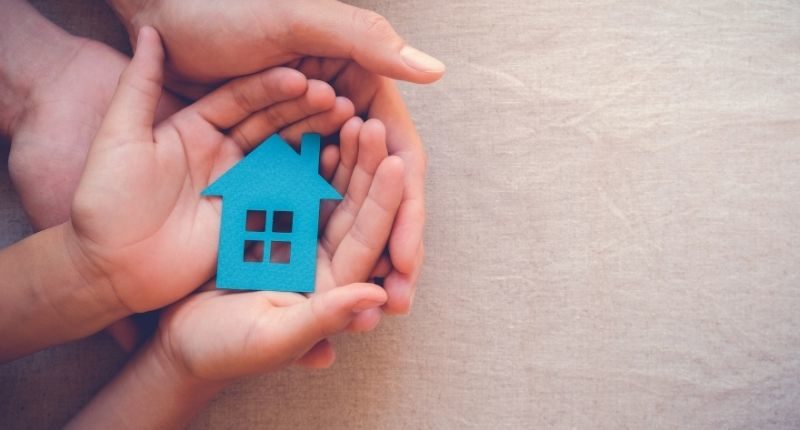- 15% of dwellings unoccupied in the Adelaide CBD during 2016 Census
- Also addresses lack of new public housing to meet demand
- Calls for more Airbnb's to participate in Open Homes and Homes4Good programs
In the Empty Homes Project Report from Shelter SA, the welfare advocate group have accused landlords of leaving hundreds of dwellings in Adelaide unoccupied.
Shelter SA has criticised landlords leaving houses unoccupied for an extended period – including underutilised Airbnbs – hinting these dwellings could easily accommodate those who are homeless.
Specifically, they review data from Census Night 2016, when a total of 1,076 unoccupied private dwellings were recorded representing 15% of all dwellings – higher than the Australian average of 11.2% and high by global standards, the report says.
That very same night 644 people were homeless in the Adelaide CBD.
The group also calls for Airbnb to raise awareness amongst hosts regarding the Airbnb Open Homes Program or Shelter SA’s Homes4Good platform.
Shelter SA remarked that from the late 1930s to the 1990s, the South Australian Housing Trust built 2,000 new homes a year. Since then, there has been a steady decline with the total number of social housing decreasing by 15% between 2004 and 2019.
Unsurprisingly, the group has recommended more social housing from the South Australian government.
The report does concede that vacancy is a normal part of the housing and rental market.
“People move for work or as their housing needs change over time and there needs to be properties available for rent or purchase,” the report specifically says.
The report calls for disincentives for owners, including speculative investors.
Shelter SA says it is exploring a Tax Office ruling that would allow benevolent landlords who participate in the Homes4Good program to claim a tax deduction for the difference between lower rent and market rent.
Though the group stops short of advocating a ‘vacancy tax’, the report dives into what this is and what it could mean for owners.
What is a vacancy tax?
The report hints at the idea of a vacancy tax as a penalty for a property that remains empty over some time, usually six months over a calendar year.
Melbourne has a vacancy tax in specific inner and middle council areas within the city. There are many rules and exemptions but generally, if a house remains vacant for more than half a calendar year owners will be taxed at 1% of the capital improved value of taxable land.
Since 2020, this land rule has been extended to residential properties that have been uninhabitable for more than two years.
As a result of coronavirus relief measurers, this tax has been waived, although owners still need to notify relevant authorities.
Vancouver, France and the UK also have such taxes, such as London’s famous ‘bedroom tax’.
However, the report admits this type of intervention has seen low to moderate success globally but suggests broadly this is a way to rebalance private property rights towards the housing needs of a community.








